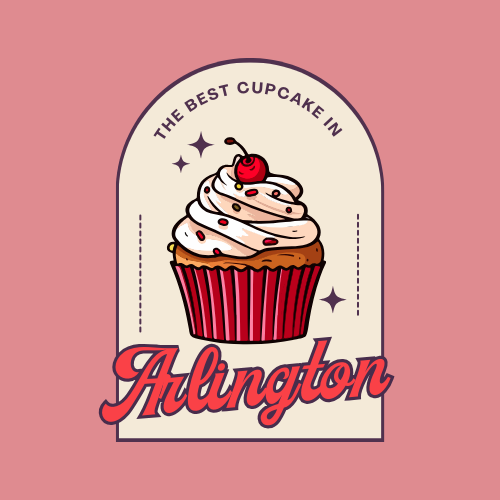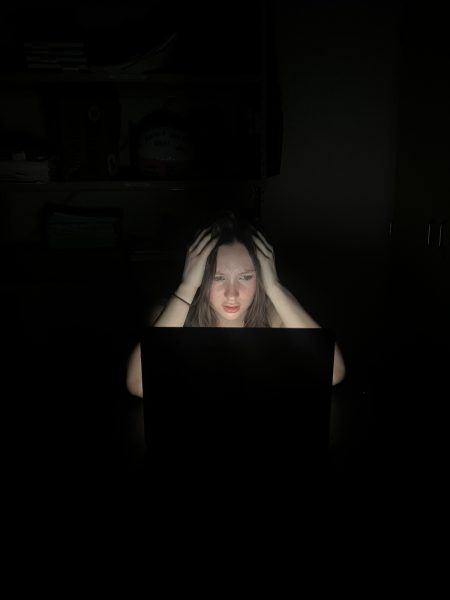The Facebook status quo
People use the Internet for so many different things, causing responses to vary greatly on what should be a simple question: what is the original use for social media? Parents and older people will claim that social media is a distraction for the younger generation, whereas the younger generations are used to their luxuries like social media.
When I was in elementary school, my teachers told us that the Internet was used for communication with other people and resources you could not get in real life otherwise. The librarian at our elementary school also “taught” us how to Google something online- a skill that even as second graders we already knew how to do.
The debate of “why do we use the Internet” was later expanded in middle school with the increasing use of social media. Counselors would warn about the dangers of cyber bullying or catfishing online. They said that social media could, again, be used as a way to meet people you couldn’t meet in real life. However, this time there was a flip side to the advantage: people could put whatever they wanted online and be relatively unfiltered.
What happens when you break down the widely accepted knowledge that people can use the Internet or social media to hide themselves behind? Is it possible that there’s a more diluted form of that same logic at work among all social media profiles? It’s not to the level of creating a separate identity online, but social media is full of half-truths.
No one wants to know stuff like “forgot to take out the trash on Tuesday” or “mixed a red sock in with the white laundry.” We post glitzy events like posed vacation photos, cute selfies that took way too many attempts to get the right lighting or glamorous scenery shots. Author Shauna Niequist writes, “The danger of the internet is that it’s very, very easy to tell partial truths—to show a fabulous meal but not the messy clean up afterward.” Social media almost becomes a competition to see who’s having the best time, and taking the right picture to achieve maximum likes is essential to those who value the media outlet.
Internet sensation Essena O’Neill had over 600,000 followers until she left Instagram and Youtube, claiming popular users such as herself present an edited and ultimately fake version of reality. The nineteen year old Australian blogger was known for her bikini pictures and stunning photoshoots of dresses and makeup. She had deals with multi-million dollar companies to advertise their products, making “$2000AUD a post, easy.” But on October 27 the Australian teen decided to change her social media presence.
O’Neill deleted more than 2,000 pictures that “served no real purpose other than self-promotion,” and dramatically edited the captions to the remaining 96 posts in an attempt to reveal the manipulation behind them. One example is a photo of her wearing a hipster top and skirt, once captioned “Things are getting pretty wild at my house. Maths B and English in the sun,” was edited to: “see how relatable my captions were-stomach sucked in, strategic pose, pushed up boobs. I just want younger girls to know this isn’t candid life, or cool or inspiration. It’s contrived perfection made to get attention.”
The Australian teen is focusing less on social media presence and how people look online now, and more about social issues that are important to her like veganism and body positivity. “I don’t want to know what you look like in a bikini, I want to know what you look like when you’re excited, O’Neill said on one of her blog updates. “I want to know what you look like when you’re buzzing with energy, and so excited about something you’ve just done.” In an attempt to focus more on thoughts and beliefs rather than looks, O’Neill has created her own website called “www.letsbegamechangers.com” that is not based on followers or likes: “I don’t care about numbers, I care about feeling. I care about change.”













